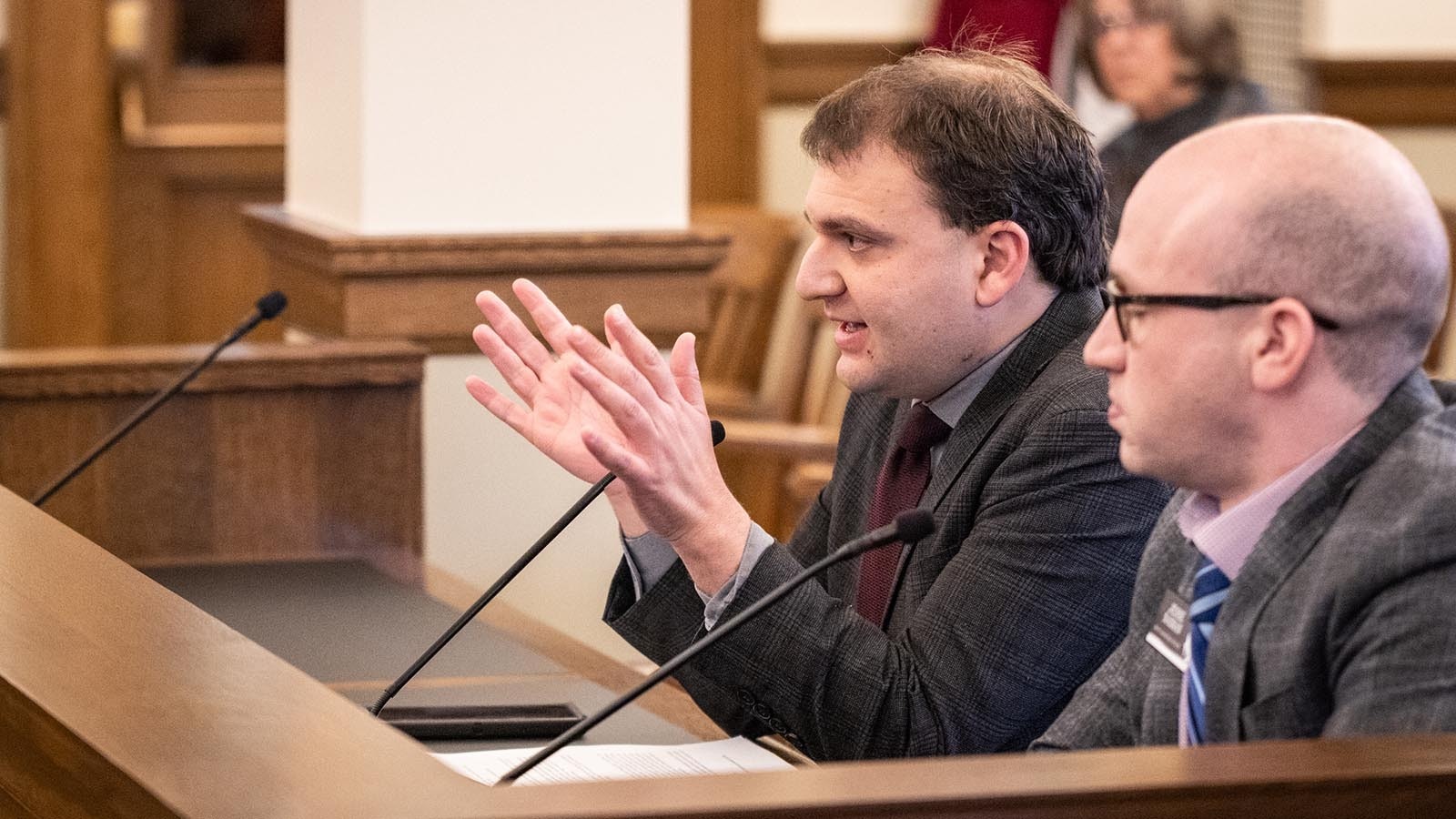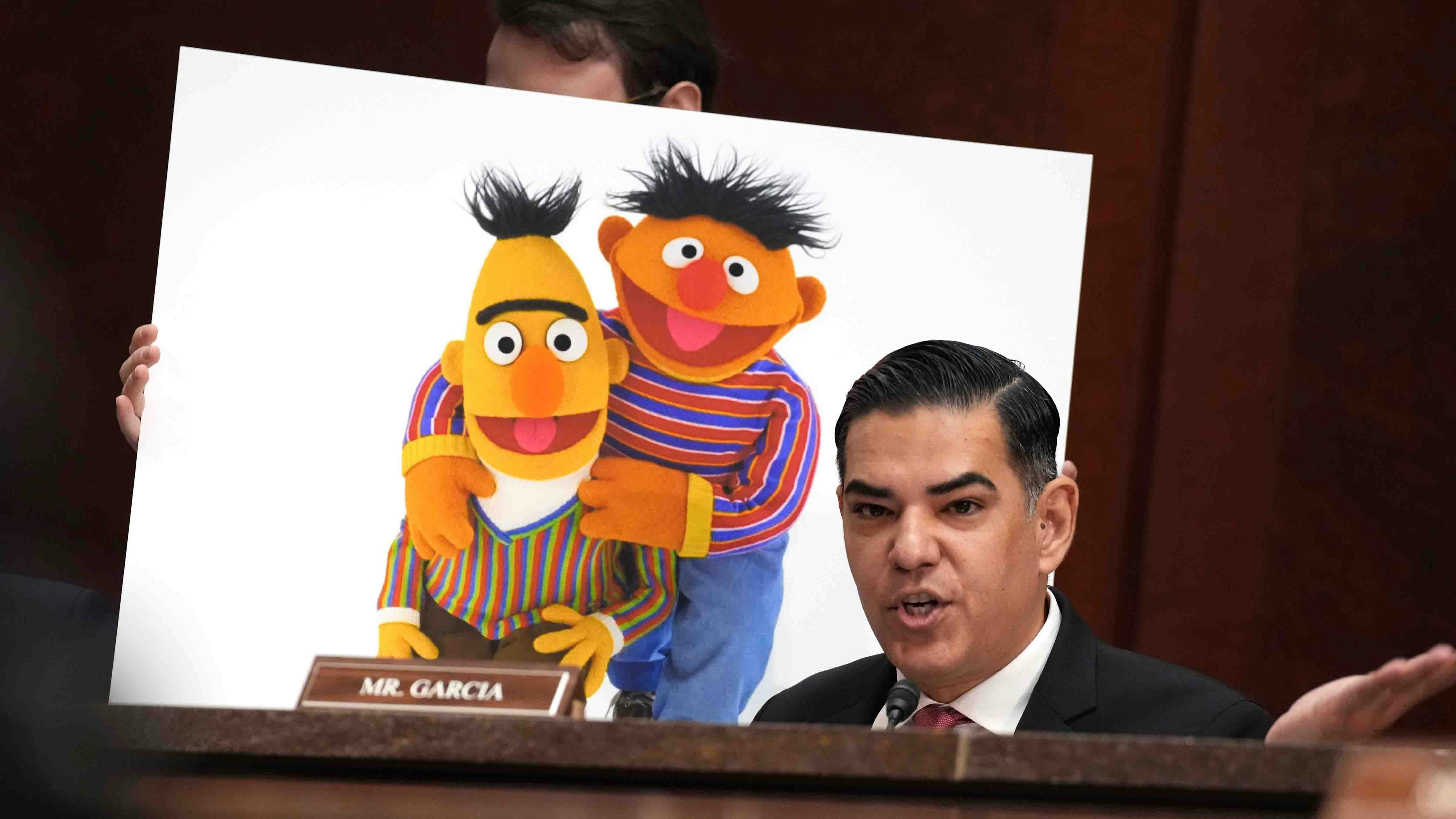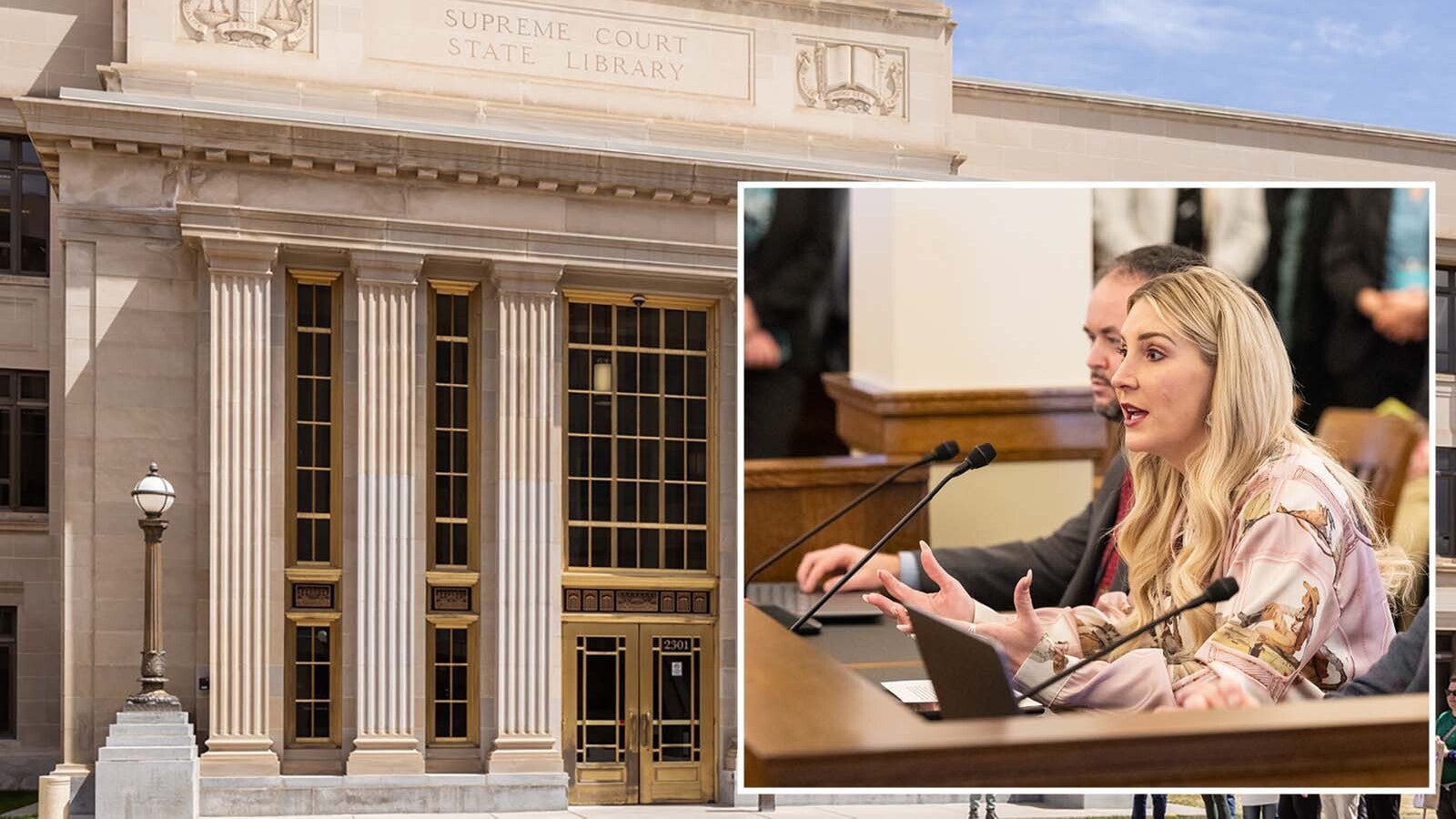Wyoming has adopted an official policy meant to push back against the environmental, social and governance (ESG) movement that critics say has undermined Wyoming fossil fuel industries.
The State Loan and Investment Board (SLIB) voted to approve a new section of the Investment Policy Statement, which has the rule of law over state investments.
Along with the board’s vote, an administrative rule out of the Secretary of State’s office went out for public comment that will require companies doing business with Wyoming to disclose if they are using ESG principles in their business decisions.
What Is Woke?
ESG measures rate funds on various markers of progressive-friendly policies related to protecting the environment, diversity in the workplace and community relations. Any association with fossil fuel industries quickly gets a fund rated down.
With so much of the state’s investments and tax revenues tied up in oil, gas and coal, SLIB has wanted to craft a policy that would ensure that companies working for the state or handling state investments are seeking the highest rates of returns without regard to any progressive politics.
The board members struggled over a four-hour debate on exactly how to define when a company is deviating from that directive and going “woke.”
“It’s sort of like the old definition of pornography,” said Wyoming Auditor Kristi Racines. “We all know it when we see it, but it’s hard to actually write it down in a way we can all agree on.”
Crippled And Corrupted
The original policy required all individuals to act in the best financial interest to obtain the highest total return on investments for the state.
Secretary of State Chuck Gray advocated for a very specific negative message in the policy that described ESG actions as, “These investment criteria have crippled, corrupted, disadvantaged, subverted, damaged or otherwise harmed children, citizens, industry and financial well-being of Wyoming and America.”
Gov. Mark Gordon suggested a statement that companies contracted with the state won’t consider “fashionable political or ideological” positions.
Treasurer Curt Meier wanted to remove Gray’s statement entirely, but Gray argued feedback from asset managers who are pushing back against ESG, as well as industry representatives, had encouraged a very negative statement against ESG.
“ESG is a woke clown show,” Gray said.
Administrative Rule
Gray also is pursuing a separate administrative rule that, if approved by Gordon, will require investment brokers, broker dealers and securities agents doing business in Wyoming to disclose to their clients if they are using ESG principles in the course of their business.
State agencies may draft rules that go through a process, beginning with asking the governor for permission to proceed with the rulemaking.
Once the governor grants permission for the process to proceed, there’s a public comment period and the agency may hold public hearings on the proposed rule.
On Wednesday, Gray’s proposed rule went out for public comment.
“ESG investments maliciously target Wyoming’s core industries by divesting from its coal, natural gas and agricultural sectors,” Gray said in a statement on the announcement of the public comment period, which ends Sept. 29.
Avoiding Loopholes
To provide a more definitive statement for the State Investment Policy, the board members considered amending Gray’s statement to say, “These woke investment criteria.”
Superintendent of Public Instruction Megan Degenfelder said that the statement, even with that change, needs to define exactly what “woke” is. Without those specifics, it allows proponents of ESG to find loopholes in the rules.
Degenfelder said she’s dealing with similar situations in the educational system.
“It's the same I'm dealing with critical race theory — you name it. If you don't define it, then none of it matters,” Degenfelder said.
Gordon said, as it was worded, the rule could also penalize companies that are making decisions involving ideological values, but wouldn’t be considered “woke.”
As an example, Gordon said the founder of Apache Corp., an oil and gas company, decided to pay for schools in Egypt that provided women in the country with an education.
“He’s certainly not a woke fellow,” Gordon said.
Weak Sauce
The board voted unanimously to adopt the ESG rule into the SLIB’s Investment Statement Policy, with an amended version of Gray’s language.
The word “woke” was removed so that the language read, “These ideological investment criteria …”
Though Gray voted for the adoption of the rule, he expressed some misgivings. He said the way it was written made it more like a resolution than a strong push back against ESG.
“We all got to work together to take on this outrageous attempt to go against the values that have made our country and our state what it is,” Gray said. “I think it’s pretty weak sauce, in my view.”





